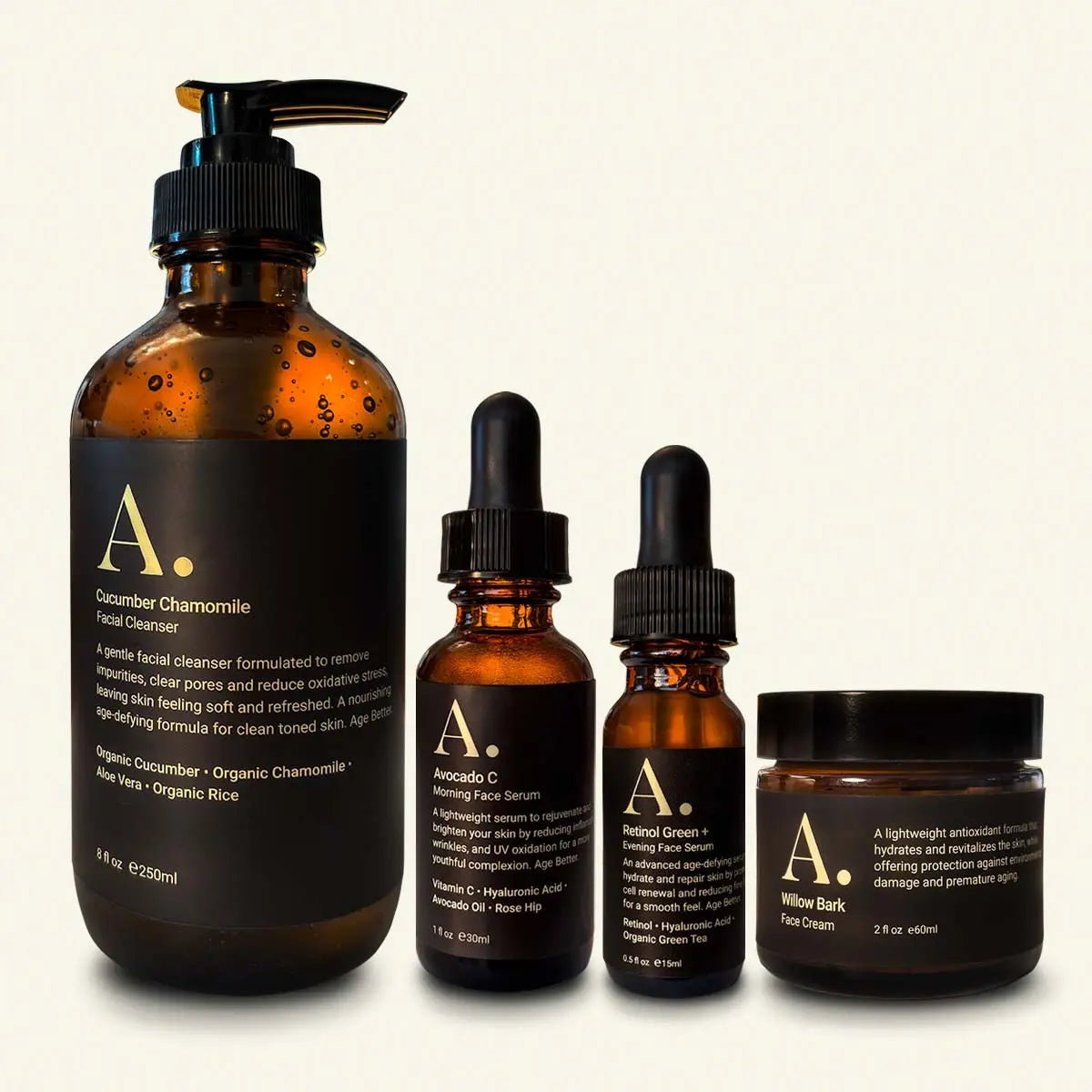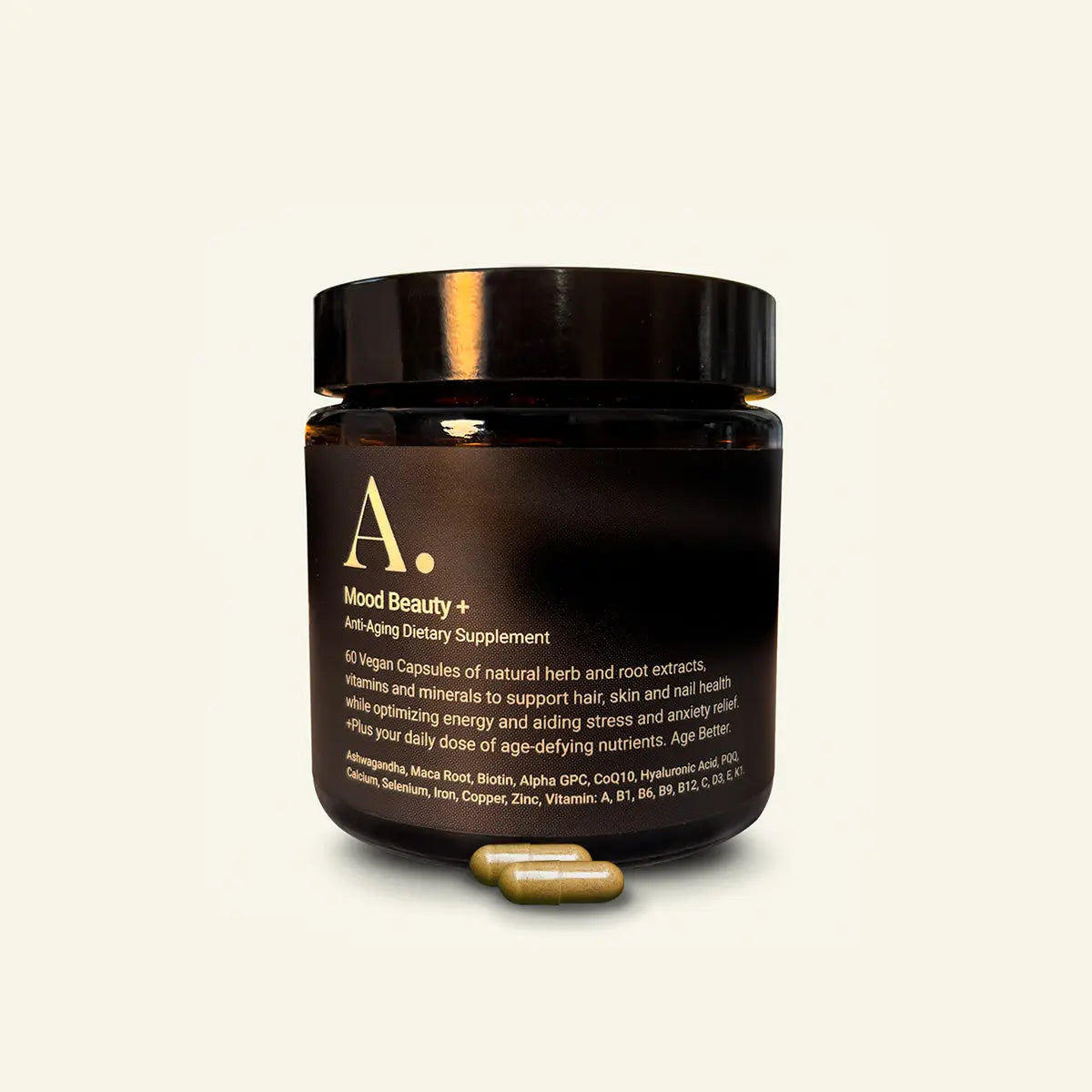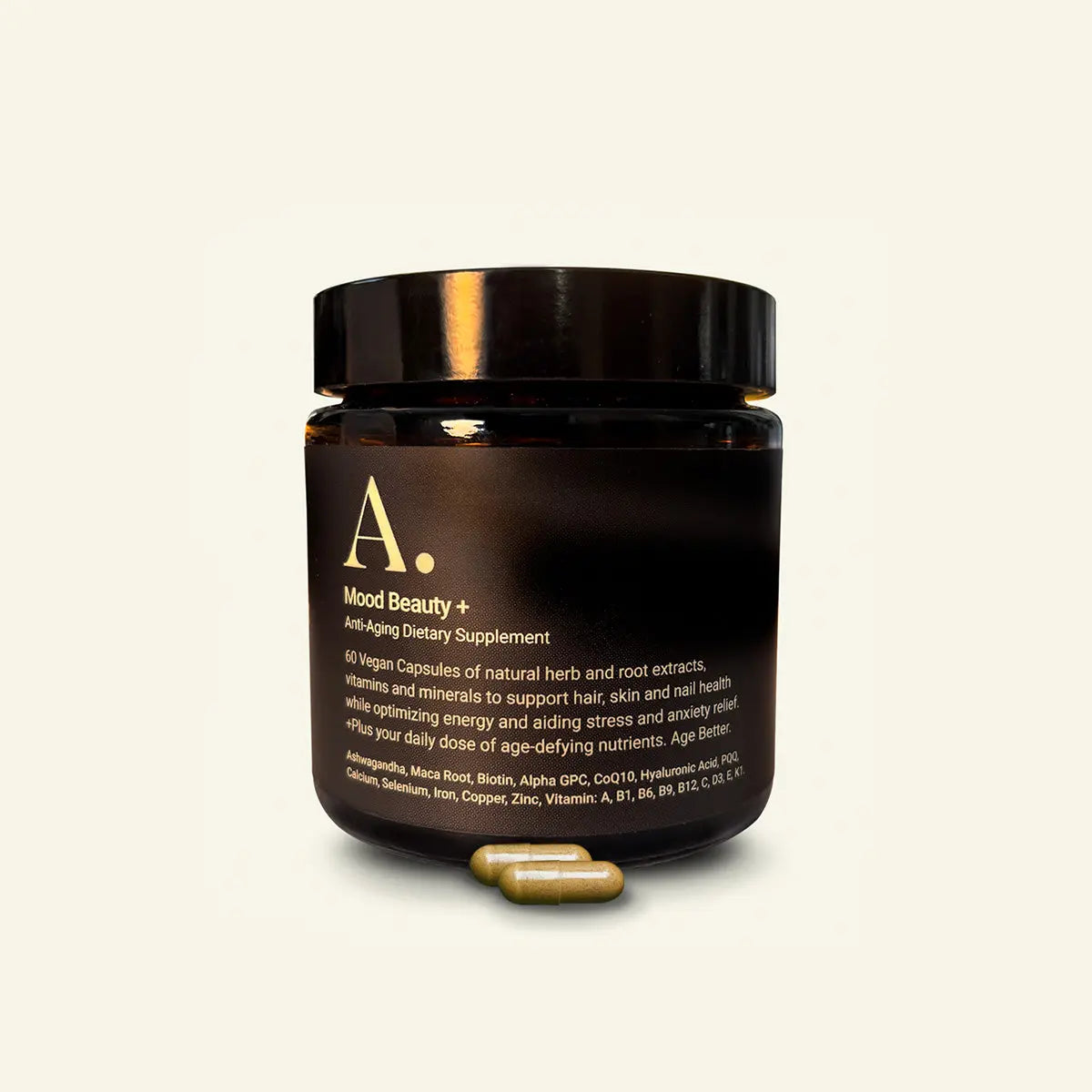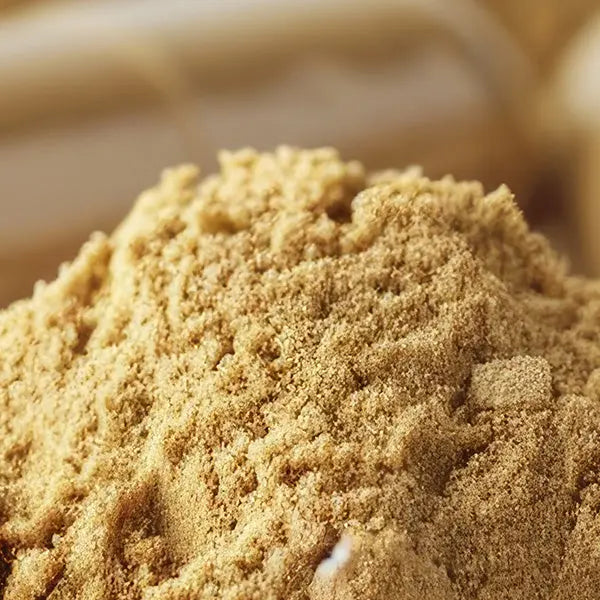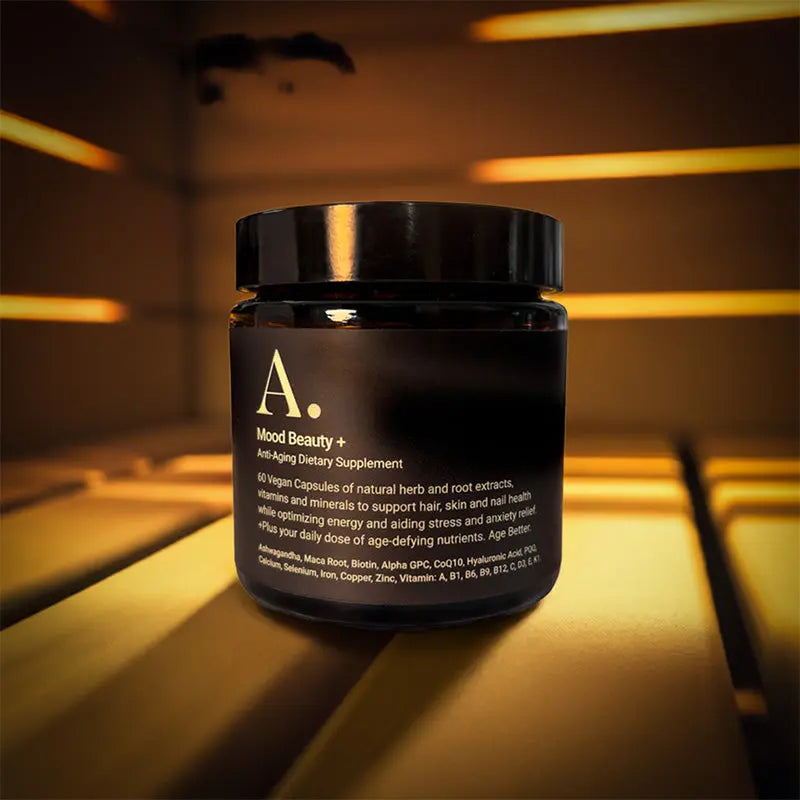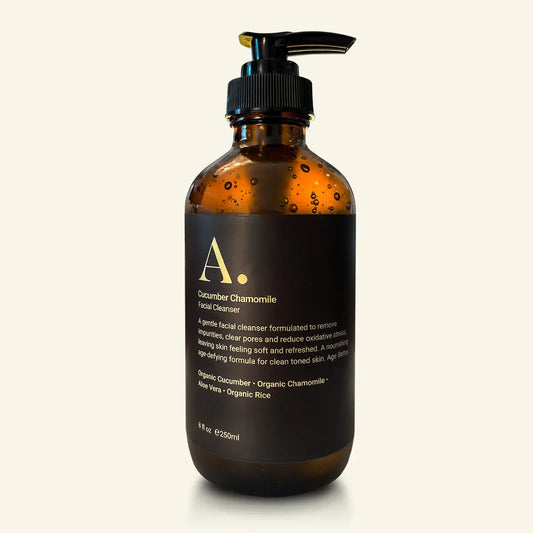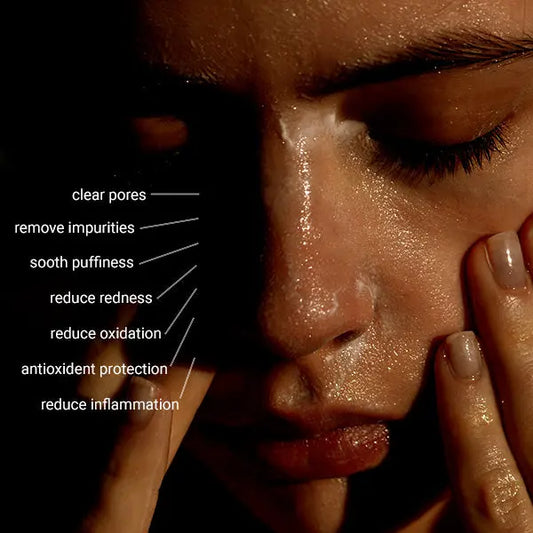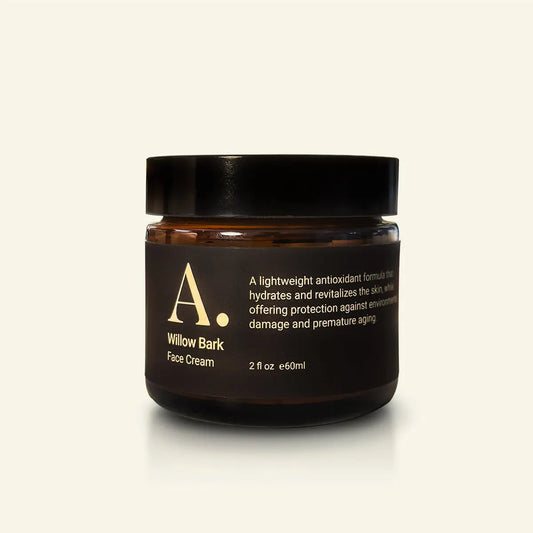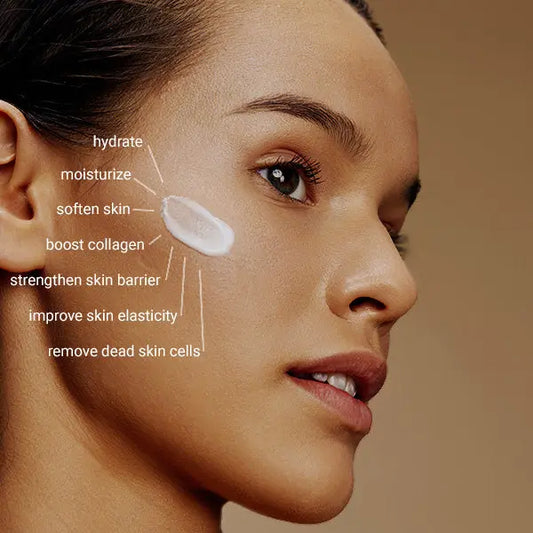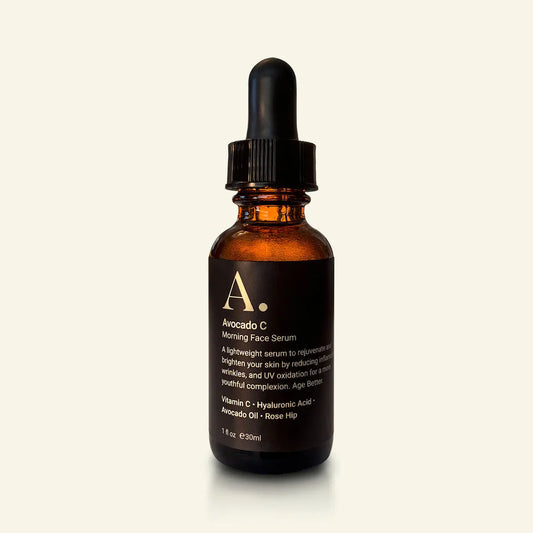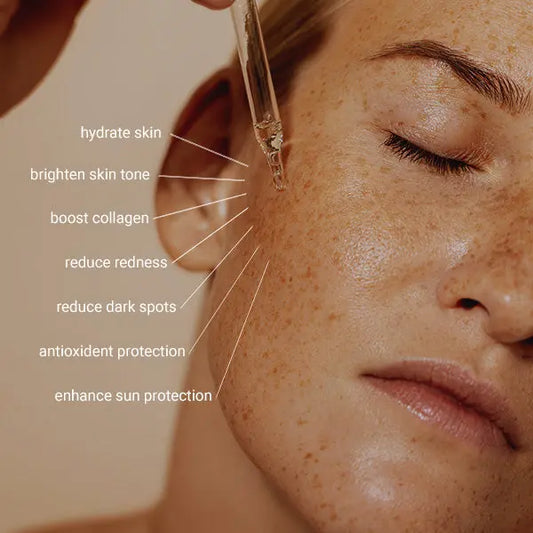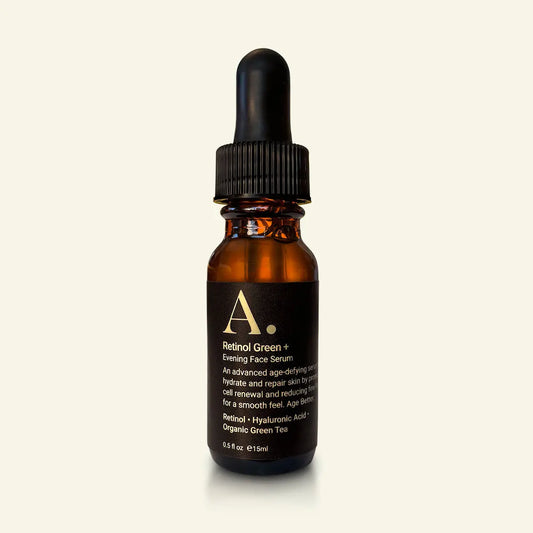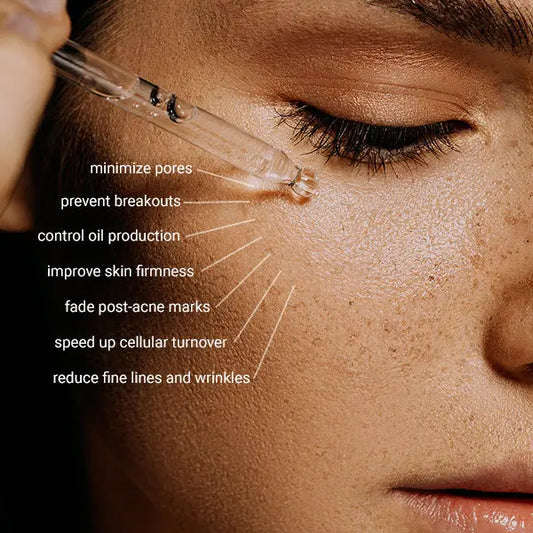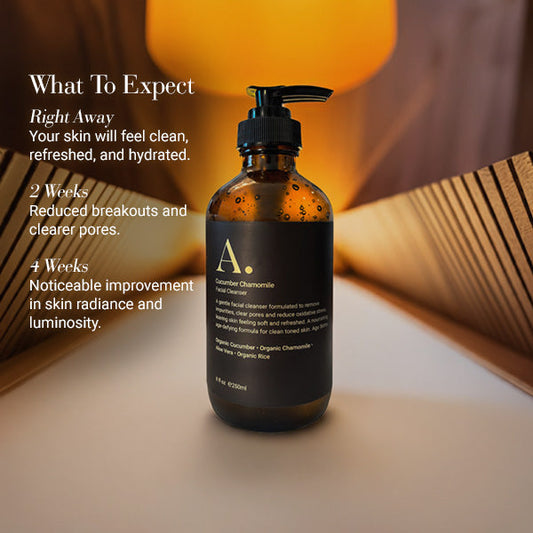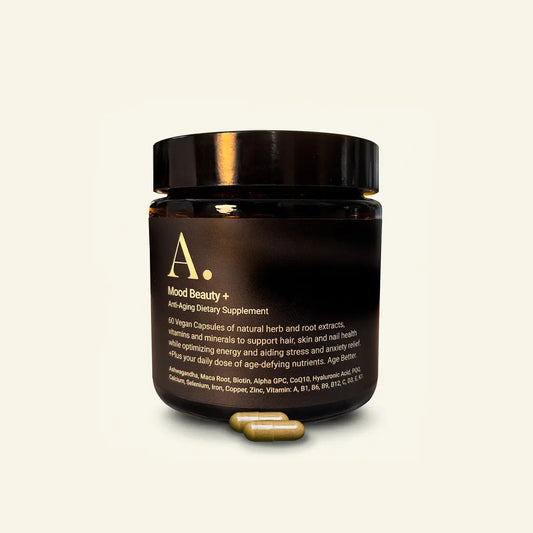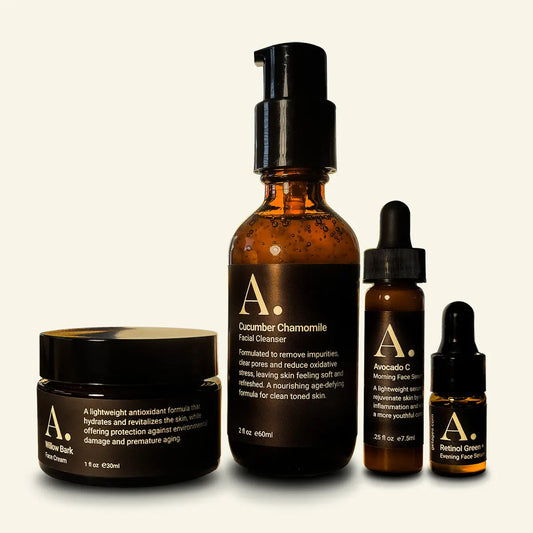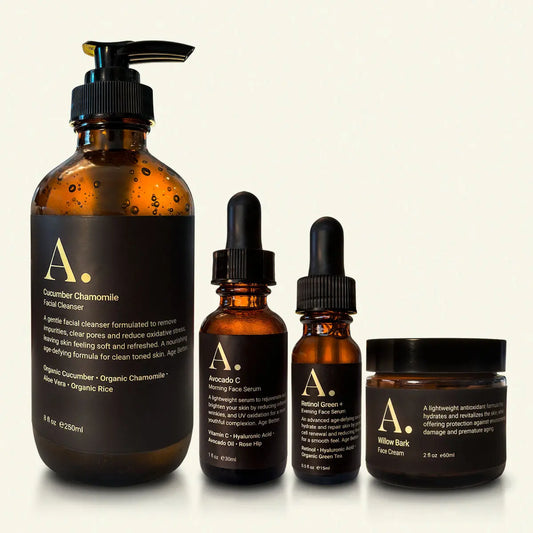
3 Nutrients to Boost Energy (without Caffeine)
Share
3 Nutrients to Boost Energy (without Caffeine)
I’ve cut out caffeine from my diet completely. I thought it was what I needed to get through my day, but recently realized it was making me jittery, sweaty, and tired for hours once the high was over. I noticed a reduction in energy in my early 30’s and it just kept getting worse. Ever wonder why kids are so active and have so much energy? Guaranteed it’s not from hovering coffee grounds. It’s natural in our bodies, and our bodies stop producing enough (at that level we need) as we get older.
Here’s the catch - evolution is slower than humanity (I should trademark that). People used to die much younger. Back in the day, we didn’t need Tik-Tok Levels of energy (another missed trademark) cause by our 30’s and 40’s, we already thought Big Bang Theory was hilarious. Times have changed and Big Bang Theory is still 22 minutes of vomit-inducing television, but we don’t accept that until our 70’s - when we should have been haunting married couples in Massachusetts for decades already.
My rant stop there. Here are 3 nutrients we should be digesting into our diet to give us more natural energy.
BTW (Shameless plug):
CoQ10
CoQ10, which stands for coenzyme Q10, is made naturally in the body. They are ubiquitous in the body, meaning they’re found in all cells.All cells contain CoQ10, although the heart, kidneys and liver have the highest levels. Cells use CoQ10 to make energy and protect themselves from oxidative damage. When levels of CoQ10 decline (as you age), your body’s cells cannot produce the energy they need to grow and stay healthy, which may contribute to fatigue. CoQ10 supplements are a great solution for reducing fatigue in people who have declining or low levels.
Vitamin B12
Along with the other B vitamins, vitamin B12 helps transform the food you eat into energy that your cells can use. It also keeps your body’s nerves and blood cells healthy and helps prevent a type of anemia that can make you weak and tired. Many adults have difficulty absorbing vitamin B12 from food. This is because they produce less stomach acid and proteins, which are required for proper absorption. Aging, eliminating animal products from your diet and diseases affecting the GI tract can all contribute to low levels of B12 and result in fatigue and weakness.
Iron
The body needs iron to make hemoglobin, a protein in red blood cells that transports oxygen from your lungs to the organs and tissues throughout your body. Without adequate levels of iron, your red blood cells cannot effectively carry oxygen to the body’s tissues. This results in iron deficiency anemia, which may leave you feeling fatigued and weak.
